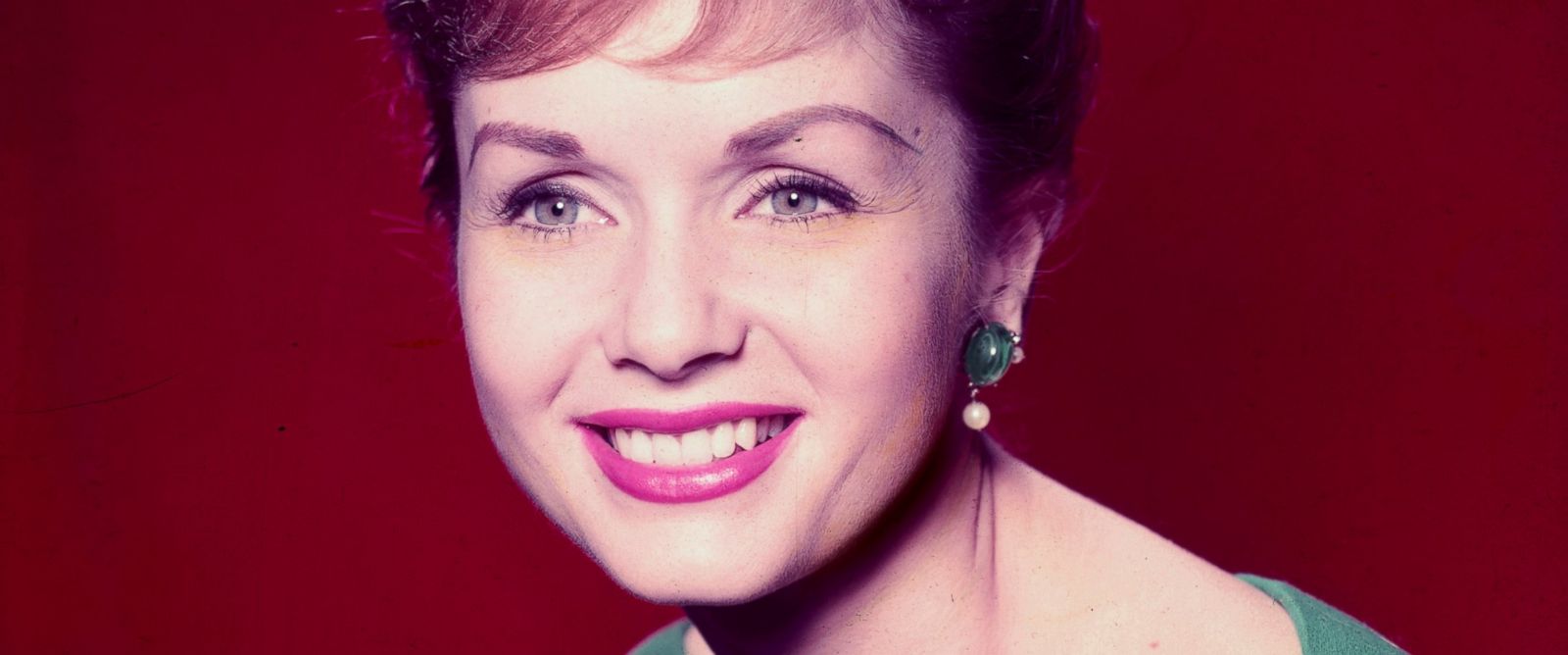I've been pondering this problem of global warming. First of all, we've run past 400ppm of CO2 in the atmosphere. We're not even counting the CH4 Methane, and Methane is of course 4 times worse than CO2 when it comes to trapping heat in the atmosphere.
Our democratic processes in the first world are simply not getting anywhere near the results we need to curb the runaway emissions growth. If you look just at Australia for instance, the mining interests for fossil fuels have spent so much money to cripple the proper discussion of this threat that it has become nigh impossible to make any sensible progress on the issue. While nations around the world are moving over to renewables in a hurry, it appears that the USA and Australia are going to be the stupid holdouts sticking to fossil fuels.
The thing is, the massive problem of emissions isn't just a problem isolated to the climate, but something that will have a chain reaction in food production. Agriculture is going to take hit as a result of the effects of climate change, and the most vulnerable nations are places with big populations with very little food security - like China and India. If it ever gets to the point where not enough food can be produced to supply these countries, they are going to have riots on their streets, and in the case of China, the suppression of those riots will probably lead to a revolution - exactly the kind of outcome the current regime will want to avoid.
So if you work backwards from the pointy end of the problem, it's far more likely that an authoritarian regime will try and invest in technologies that will actively suck out carbon from the atmosphere in order to bring the problem back under control. I imagine that the Chinese government will spend whatever is necessary to create massive renewable power plants with the specific purpose of converting atmospheric carbon into liquid or solids.
Here are some examples of technologies out there already:
- Synthetic Photosynthesis.
- Nano Spike Catalyst lowers energy threshold to reverse combustion and harvest ethanol.
- Large scale carbon capture projects
- Capturing carbon and turning them into building materials
The thing is, Green groups would have you believe that this is futile and what needs to happen is zero economic growth or some such nonsense. Geo-engineering is a dirty word in the Green paradigm, but when you look at just how much runaway emissions are going on, and how capping emissions is still going to get us into a world where the sea level rises by meters and the weather patterns are going to be shot, then it's easily arguable that what needs to be done is to shove the carbon genie back into the bottle.
If you're running China - an authoritarian state that's not scared to crack a few eggs - one of the advantages is that you can send a directive out and it gets done on a massive scale. It is the most likely candidate to simply order massive solar and wind generators to power these projects en masse with the specific purpose of capturing as much carbon s possible, and lowering the parts-per-million figure back below 400ppm. And they may well do this while we in the first world are still stupid enough to be arguing whether Global warming is actually happening and whether we should do something a bit more serious than Direct Action in Australia as we keep digging up fossil fuels.
Worse still, the countries that don't move out of fossil fuel will end up paying for the fact that they keep emitting because China will send them a bill for all the carbon it is capturing, through an international emissions trading scheme.
Of course, China might not do any of this, in which case we're really going to be stuffed. But if you go through the ay in which the cards are stacked, you can see China would see the advantage in going hard in this direction. And if they do, the countries most committed to fossil fuels are going to end up paying up big time.
RIP Debbie Reynolds (1932-2016)
Away after Carrie Fisher passed away, her mother also passed away.
Starring in the legendary musical Singin' In The Rain and singing the hit song Tammy. Shining on Broadway and being nominated for an Oscar for The Unsinkable Molly Brown. Her own TV comedy show and an Emmy-nominated role in the sitcom Will & Grace.
Debbie Reynolds' showbiz career exemplified an old-style versatility – singin', dancin' and actin' – that continued well into her veteran years.
Her death at 84 a day after daughter Carrie Fisher added sadness to sadness. Son Todd's comments that "she's with Carrie" and that the stress of his sister's death was "too much" for his mother showed the paralysing impact of grief.
Reynolds, who had a suspected stroke, will be best remembered as a luminous talent on stage, film and television - Hollywood royalty. Wholesome and charming in her early roles, she was later known as a brassy personality who was portrayed as an overbearing showbiz mother in Fisher's semi-autobiographical novel Postcards From The Edge.It's just been a terrible year for celebrity deaths.
RIP Alphonse Mouzon (1948-2016)
This happened in the jam session of duelling deaths.
Alphonse Mouzon, a powerful jazz drummer who made his greatest contributions with a funk backbeat, forging a standard for 1970s fusion, died on Sunday at his home in the Granada Hills neighborhood of Los Angeles. He was 68.
The cause was cardiac arrest, his son Jean-Pierre Mouzon said. Alphonse Mouzon learned this fall that he had neuroendocrine cancer and used a crowdfunding platform to help pay for treatment.
Few other drummers were as integral to the development of fusion as Mr. Mouzon, who combined volcanic intensity with a brisk attunement to dynamic flow. He played in the first edition of Weather Report, and was a charter member of another defining jazz-rock band, the Eleventh House, led by the guitarist Larry Coryell.
Mr. Mouzon had a productive association with the pianist McCoy Tyner, playing in a volatile acoustic setting on albums like “Sahara” (1972) and “Song for My Lady” (1973). He also served as the propulsive engine on notable fusion albums by the keyboardist Herbie Hancock, the flutist Bobbi Humphrey and the guitarist Al Di Meola, among others.
Outside of jazz, Mr. Mouzon worked with major touring acts including Carlos Santana, Eric Clapton and Stevie Wonder. The drummer John Bonham of Led Zeppelin acknowledged him as an influence.I want to write more about Alphonse Mouzon, but I'm really bummed about all of these deaths.
RIP George Michael
As everybody with a heartbeat knows, this also happened on Christmas Day.
I kind of refrained from writing about George Michael because his cause wasn't exactly mine and his music never really did much for me. But seeing that all these other people are dropping like flies, I figured I may as well acknowledge it here.
Ugh, what a year









